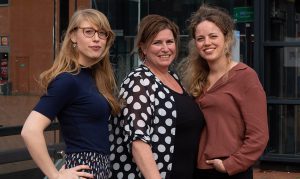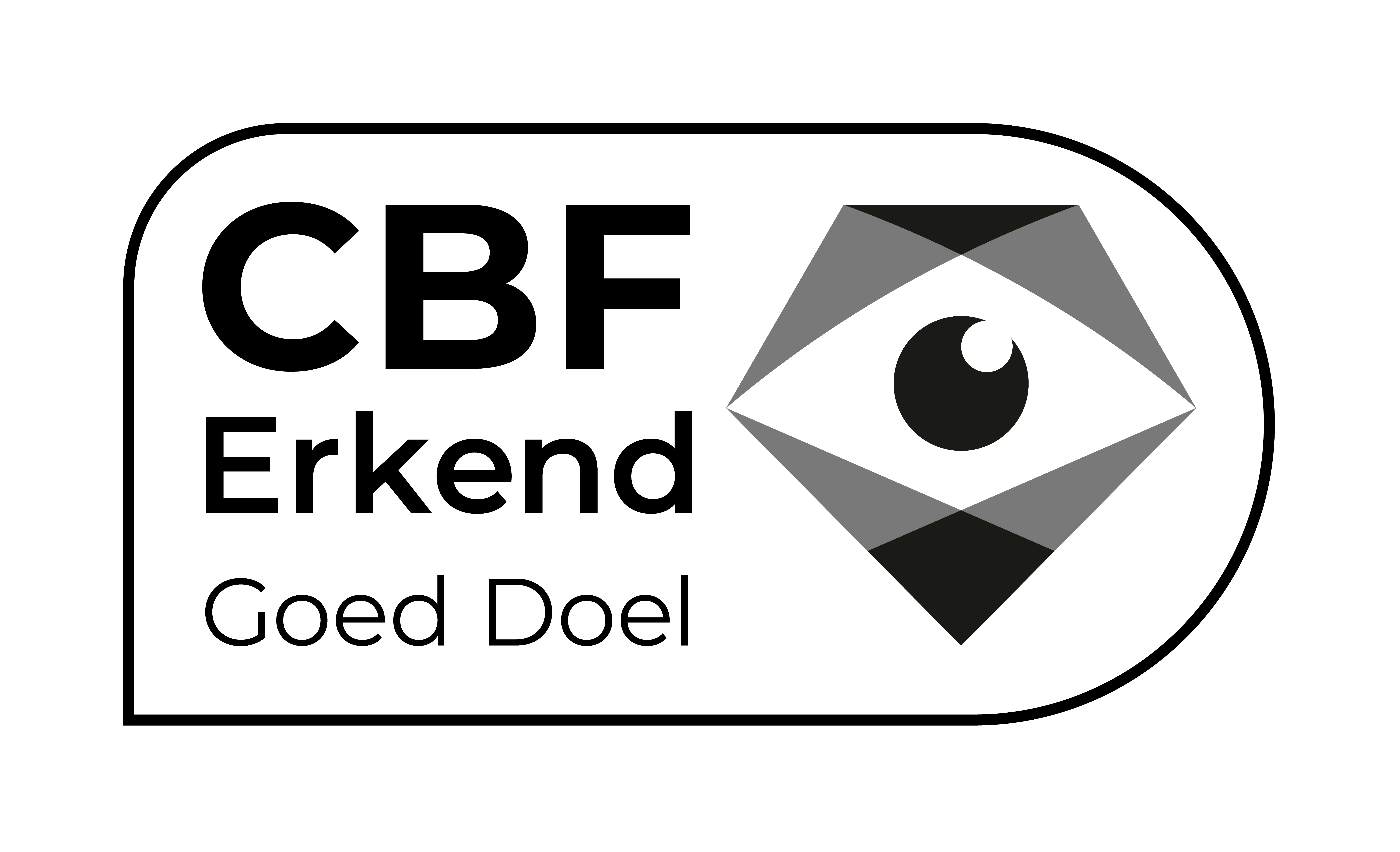3 January 2020
Armoede-regisseur Nathalie: “Armoede verdient continu de aandacht”
Nathalie Rozenveld is a poverty coordinator at the Municipality of Zwolle. Together with experienced experts DiedeBongertmanKarin ter Horst is working hard to raise awareness of poverty in schools. The project will last two years and is now halfway through. "Poverty should really be a permanent issue on the agenda."

In the photo from left to right: Nathalie Rozenveld, Karin ter Horst and Diede Bongertman.
Poverty is a complex issue and a difficult subject to raise awareness of. Yet, it's necessary because an average of two to three children per class grow up in poverty. The Municipality of Zwolle has launched a two-year project to raise awareness in primary and secondary schools. "We visit schools, tell teachers what poverty is, what the signs are, and where parents can find help," says poverty coordinator Nathalie Rozenveld. "Teachers are often unaware of it. Parents have often become adept at hiding it because they're ashamed. That makes it difficult to identify poverty, let alone bring it up for discussion. And yet it can happen to anyone, for example, as a result of divorce, bankruptcy, or job loss. People don't realize how vulnerable they are, even if they have a job."
Expert by experience opens doors
The decision to involve a poverty coordinator and peer support worker was a deliberate one. Nathalie: “Because the peer support worker shares her story, the impact is greater than if I were to simply provide figures. Thanks to her story, teachers realize that a family can quickly become vulnerable and that it's then difficult to find support. They can also ask her questions, and she offers tips on how to bring it up for discussion. It's not that complicated. After a divorce, you can simply ask if the parent is managing financially. We support schools by providing them with overviews and information about resources available to parents. But the primary focus is on raising teachers' awareness.”
Prejudices
Poverty causes stress, and stress makes you less able to see the bigger picture and focus on the long term. "We want to create more understanding for the stress that arises when a family has little money. There are many prejudices about people in poverty: stupid, fat, making unwise decisions. For example, 'no money for healthy food, but money for cigarettes.' This too easily overlooks the effect stress has on your brain. You go into survival mode, only able to plan day by day. The days when only the less educated end up in poverty are long gone. We see people from all walks of life; in fact, people who always had a good job are even less able to find support services than people who have been receiving benefits for a while."
Future
The project will run for two years, but Nathalie believes poverty should be a permanent fixture on the agenda. “We're trying to ensure it's a permanent fixture by also sharing our story with teacher training colleges (PABOs) and raising awareness among prospective teachers. Teacher training colleges are receptive, and we're seeing that students are surprised by how prevalent poverty is, but they also find it fascinating. Poverty deserves continuous attention. Our goal is to actually give it that attention.”
Read more stories




